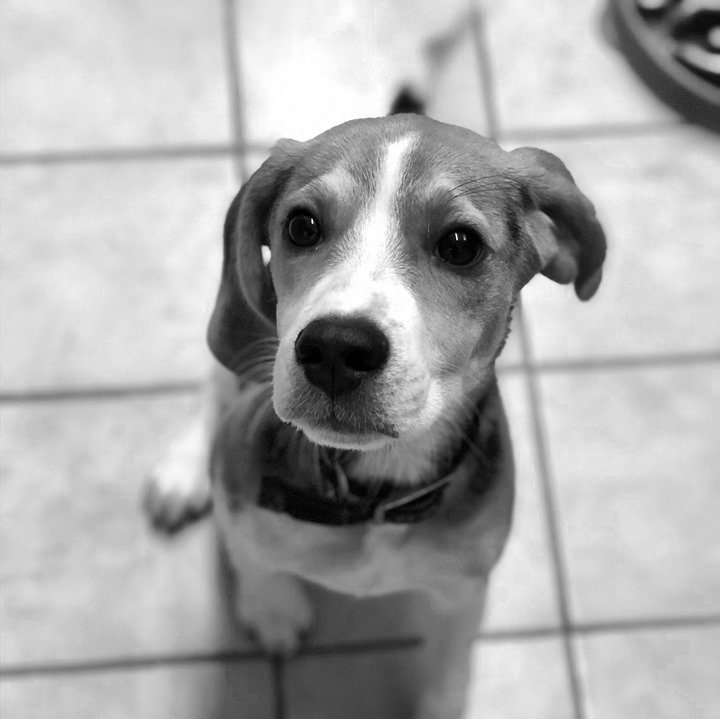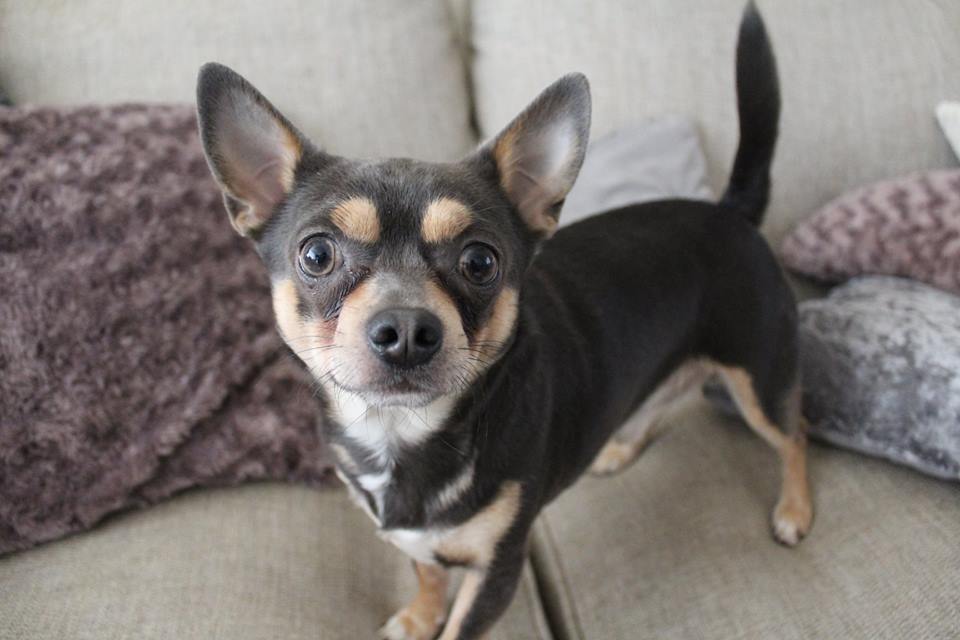Puppy training- How puppies learn-Introduction
To understand reward-based training, it helps to understand a puppy's mind at work.
A puppy learns about the world in order to understand which actions benefit him and which are potentially dangerous. In his mind, a puppy divides experiences into three groups:
Good
Bad
Indifferent
Examples of what these actions are and the implication is shown in the table below.
Action Example Consequence
Good Puppy urinates in the garden and gets a big fuss from his owner The outcome was great so he works hard to repeat it and get a similar reward
Bad Puppy disturbs a bee and gets stung on the nose His life just got worse so he avoids disturbing bees in future
Indifferent He barks during the night but no one came He expended effort for no reward, so he doesn't bother to bark when alone in future
Now, there might be those who then assume that a punishment (the bee sting) is a good way of teaching a dog NOT to do something. Again, this idea is flawed for the following reasons.
Punishment doesn't work because:
It decreases the puppy's desire to be near the owner
Even when the punishment happens simultaneously with the bad behaviour, the dog does not link the punishment to the bad behaviour, but to the punisher (you). In the above example, the punishment came direct from the bee, not an intermediary (e.g. Puppy disturbs a bee, you smack the puppy, puppy is fearful of you)
Most punishments happen after the event, which confuses the puppy, who learns to fear the punisher
The dog's tolerance of punishment rises with each chastisement, so you end up with an escalating scale of punishment to achieve the same effect (and reinforce his wariness of you).
Influencing Future Behaviour
To use reward-based training, let's look some more at how dogs learn. In his quest to find what actions benefit him and which are unsafe, a dog learns through consequences. Depending on what the consequence is, he either repeats the action or forgets about it.
Experience Outcome in the Puppy's Mind Result
Puppy rewarded for urinating outside Good He repeats the action
Puppy barks in the night and is ignored Bad (the behaviour went unnoticed) There is no point repeating the action
Puppy is stung by a bee Bad (it was painful) He avoids repeating the action (by avoiding bees)
This innocent looking table actually carries huge significance. It not only means that a puppy works hard to illicit a reward, but that an action unrewarded is less likely to be repeated.




























